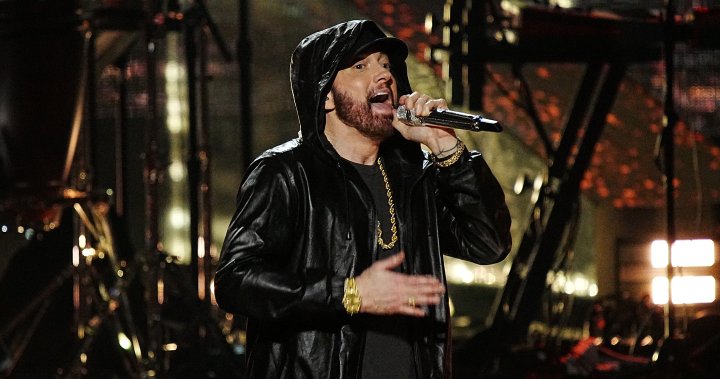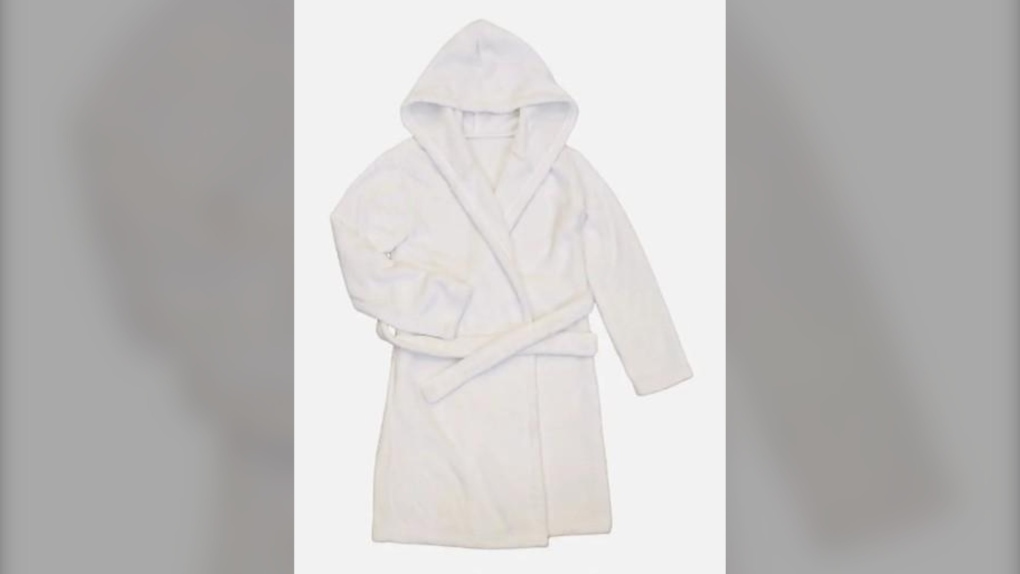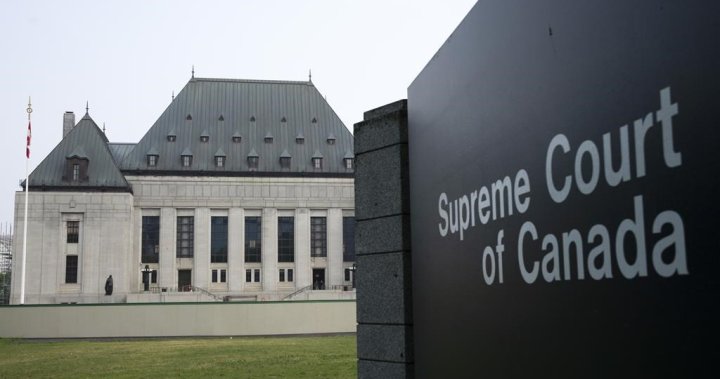Officials from various Canadian governments and the lumber industry are expressing disappointment that the U.S. has decided to go ahead with a plan to double the amount of duty it imposes on softwood lumber that comes from Canada.
On Wednesday, the U.S. Department of Commerce said it will proceed to impose duties of 17.9 per cent, on average on softwood lumber imported from Canada. That’s more than twice the previous 8.99 per cent rate.
In May, the U.S. government said it planned to hike the rate to 18.32 per cent, but after further analysis over the summer the agency decided to ratchet down that plan, but still double the levy.
The U.S. says Canadian lumber producers dump their product into the U.S. at a lower price than American lumber companies can do because they are subsidized. So the U.S. puts a tariff on all softwood lumber from Canada to raise its price at the retail level, which encourages consumers to buy American wood.
Canada has long rejected those allegations, and various trade tribunals on the matter have found in Canada’s favour.
“At every step of the way, rulings have found Canada to be a fair trading partner,” International Trade Minister Mary Ng said in a news release, in which she expressed how “disappointed” Ottawa was in the decision.
“The United States has long relied on Canadian lumber products to meet its domestic needs for high-quality building materials,” Ng said.
“These unjustified duties harm Canadian communities, businesses, and workers. They are also a tax on U.S. consumers, raising the costs of housing, renovations, and rentals at a time when housing affordability is already a significant concern for many.”
Not all lumber will face the same duty
Canada exports about $8 billion worth of softwood lumber to the world every year, according to official government data. The U.S. is the largest single buyer of it.
Ng says Canada will continue to defend the industry from the unfair tariffs, including through litigation under North American trade deal CUSMA, its predecessor NAFTA, and the World Trade Organization. As recently as the summer of 2020, the WTO ruled in Canada’s favour on the matter.
Not all Canadian lumber will face the same duty, as the U.S. alleges that different companies are subsidized to different levels. The final rates are as follows:
- Canfor Corp., 19.54 per cent.
- West Fraser Timber Co., 11.12 per cent.
- Resolute Forest Products Inc., 29.66 per cent.
- JD Irving, 15 per cent.
All of those rates are down slightly from what was proposed in May, but well up from the level they were at before that.
Provincial reactions
The British Columbia Lumber Trade Council says the tariffs make no sense because the U.S. does not produce enough softwood to meet its own demand.
Official data shows that the U.S. only produces enough softwood lumber to satisfy about 70 per cent of its own need. Virtually all the rest comes from Canada.
“Our strong hope is that the U.S. industry will end this decades-long litigation and instead work with us to meet demand for the low-carbon wood products the world wants, including American families,” stated council president Susan Yurkovich.
“Until then, we will continue to vigorously defend our industry against these meritless allegations.”
Alberta Agriculture, Forestry and Rural Economic Development Minister Nate Horner said the higher tariffs are completely unacceptable.
“Any amount of duties unfairly targets our softwood lumber exports and these decreasing and then increasing rates create uncertainty on both sides of the border,” he said in a news release.
New Brunswick Premier Blaine Hicks also expressed his disappointment in the decision. “We’re very disappointed with the U.S. government’s decision to increase these unfair and unwarranted duties against New Brunswick’s exports of softwood lumber,” he said.







More Stories
Ottawa, Quebec commit $100M for semiconductor capacity in Bromont, Que., 280 jobs
TikTok parent company says it won’t sell, despite possible U.S. ban | CBC News
Is home ownership only for the rich now? 80% say yes in new poll – National | Globalnews.ca